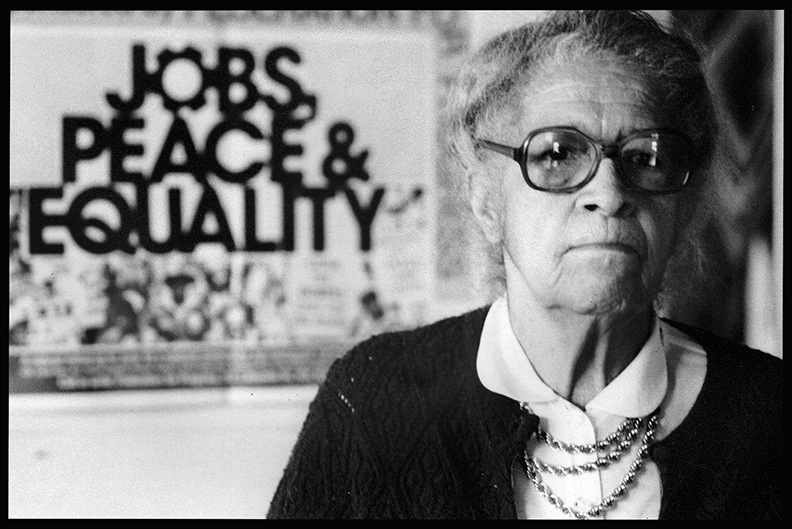• 2024 CLASS SCHEDULE •
With school districts in Columbia, Charleston, and Greenville being sued by extremist lawmakers for teaching the truth about the state’s historic and systemic racism, the role of the Modjeska Simkins School of Human Rights matters more than ever.
Launched in 2015 and named for human rights advocate Modjeska Monteith Simkins, the school teaches South Carolina’s uncensored history and provides tools for effective citizenship. Its spring 2024 session runs March 2 – June 22. Classes are held Monday evenings 6:30–8:30 online and at GROW, 1340 Elmwood Ave. in Columbia.
Claflin University assistant professor Dr. Robert Greene II has served as the school’s lead instructor since 2019. “The school continues a long and storied tradition of linking civics, political action, and life-long learning,” Greene said. “Such a history does emphasize the nature of oppression in the Palmetto State’s history, but the school equally teaches the spirit of justice, freedom, and equality that so many in South Carolina have fought for through the centuries. In an age like ours where teaching true history is under attack, the Modjeska Simkins School represents a different path for teaching and learning history.”
Dr. Greene has published more than 350 articles in publications ranging from the Washington Post to The Nation. Most recently, he co-edited the book Invisible No More documenting the experiences of African Americans at USC.
“Dr. Greene has a wealth of knowledge and a rare talent for teaching,” said Brett Bursey, executive director of the nonpartisan SC Progressive Network Education Fund, the school’s sponsor. “He teaches a living history that connects the past with our present, which is critical to truly understanding current reality and any hope of making meaningful change.”
The school has attracted a mix of students of all ages, backgrounds, and professional experiences. Cecil Cahoon, an education expert and a Modjeska School graduate, said the school presents the essential foundation for informed citizenship in South Carolina. “Its content is heavy on documentary evidence of its peoples’ real history, not the sanitized narratives approved by its ruling class and textbook adopters for generations. Here, students are introduced to consequential persons and events that have long been obscured by white supremacist doctrine but nevertheless shaped today’s South Carolina. Graduates leave with a better understanding of the state’s present conditions and challenges, and of how informed citizenship can address systemic injustices to improve its future.”

